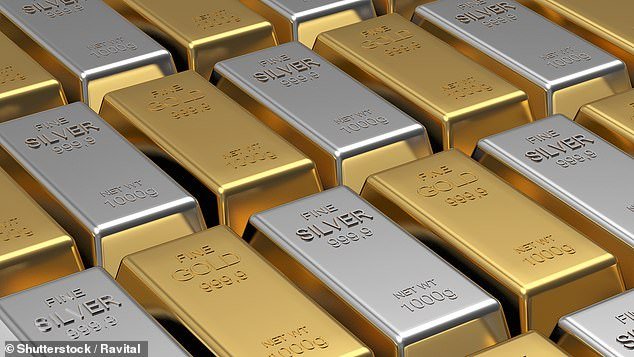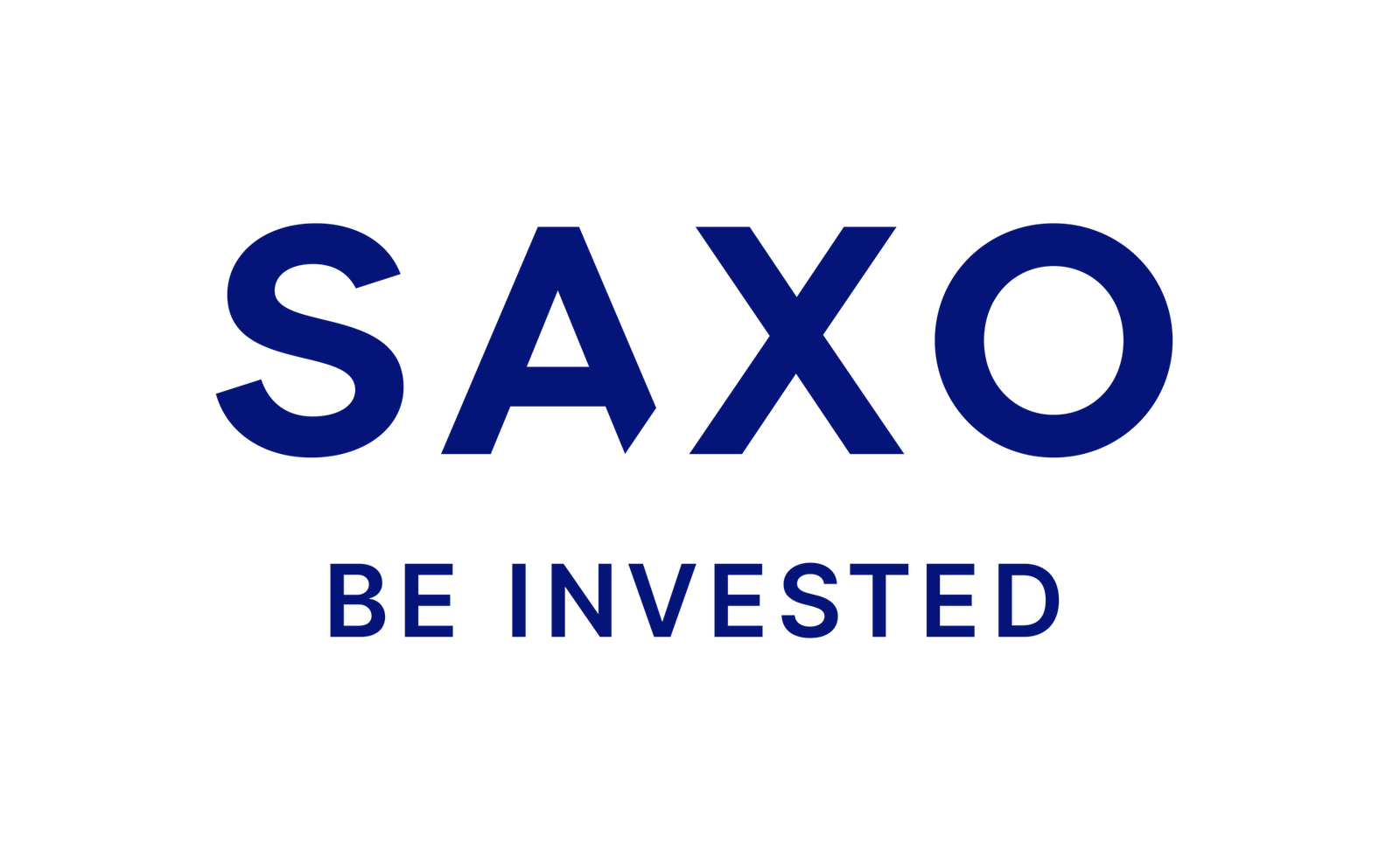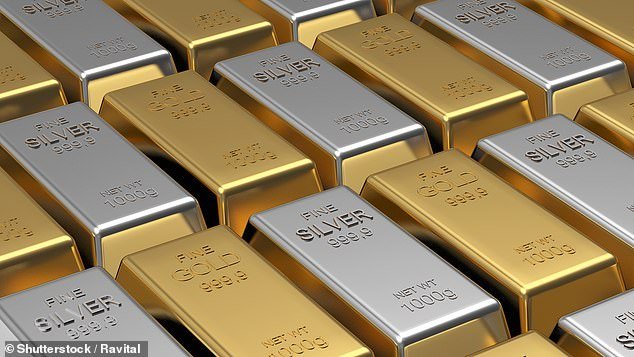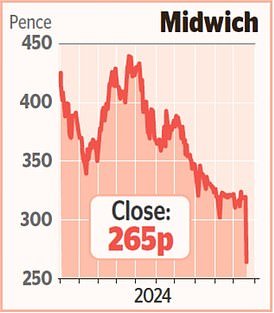Precious metal prices stormed higher yesterday as investors flocked to ‘safe’ places to store their money amid uncertainty over the US election and tensions in the Middle East.
Gold hit a record high of $2,740 an ounce and silver topped $34 an ounce for the first time since 2012. Gold has risen more than 30 per cent this year, while silver is up 43 per cent.
Shares in FTSE 100 gold and silver miner Fresnillo jumped 6.3 per cent, or 44.5p, to 747.5p – making it the biggest blue-chip riser – while Hochschild advanced 1.3 per cent, or 3p, to 238p and Centamin rose 2.1 per cent, or 3.6p, to 171.5p.

Gold hit a record high of $2,740 an ounce and silver topped $34 an ounce for the first time since 2012. Gold has risen more than 30% this year, while silver is up 43%
The rise in precious metal prices has been driven by expectations of further interest rate cuts by central banks around the world, as well as worries about the US election result and conflict in the Middle East.
The US Federal Reserve and the Bank of England are widely expected to cut rates again early next month, while the European Central Bank did so last week.
The People’s Bank of China has also got in on the act, cutting rates yesterday in a bid to revive the world’s second-largest economy.
Lower interest rates tend to boost the gold price because it becomes relatively more attractive to investors. Bullion is also seen as a ‘safe’ asset in uncertain times.
With two weeks to go until polling day, the US election looks to be on a knife-edge, while investors are also nervous about developments in the Middle East.
‘The outlook for gold is quite bullish,’ said Joni Teves, a strategist at UBS, who is tipping it to hit $3,000 next year.
He added: ‘There are a lot of risks around the next few weeks, with the US election coming up. We could be in for some choppy price action.’
The oil price edged back towards $75 a barrel, pushing BP up 1.3 per cent, or 5.25p, to 404.85p and Shell by 0.6 per cent, or 14.5p, to 2551p.
But the wider market struggled for direction with the FTSE 100 index inching down 0.5 per cent, or 40.01 points, to 8318.24 and the FTSE 250 lost 1.2 per cent, or 242.98 points, to 20906.6.
Drugs giant Astrazeneca received a shot in the arm as EU regulators approved its Wainzua nerve damage treatment.
Shares fell 0.1 per cent, or 16p, to 11930p. Transport giant First Group gained 0.6 per cent, or 0.8p, to 140.1p after it bought London coach firm Anderson Travel for an undisclosed sum.
The deal will see First Group add around 40 coaches operating in central London and at Heathrow airport to its First Bus business.
Anderson Travel made underlying earnings of around £1million in the year to June 2023 on revenues of £7.3million.
Housebuilder Barratt Redrow slipped 1.4 per cent, or 6.7p, to 481.4p after an upgrade from analysts at Morgan Stanley.
Magazine publisher Future, whose titles include Country Life, Homes & Gardens, Decanter, FourFourTwo and Marie Claire, advanced 7.2 per cent, or 57.5p, to 852p having crashed 19 per cent on Friday after announcing the departure of chief executive Jon Steinberg.
DIY INVESTING PLATFORMS

AJ Bell

AJ Bell
Easy investing and ready-made portfolios

Hargreaves Lansdown

Hargreaves Lansdown
Free fund dealing and investment ideas

interactive investor

interactive investor
Flat-fee investing from £4.99 per month

Saxo

Saxo
Get £200 back in trading fees
Trading 212
Trading 212
Free dealing and no account fee
Affiliate links: If you take out a product This is Money may earn a commission. These deals are chosen by our editorial team, as we think they are worth highlighting. This does not affect our editorial independence.


